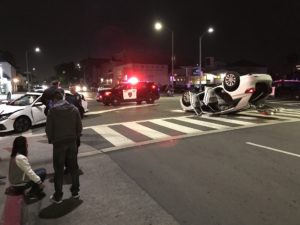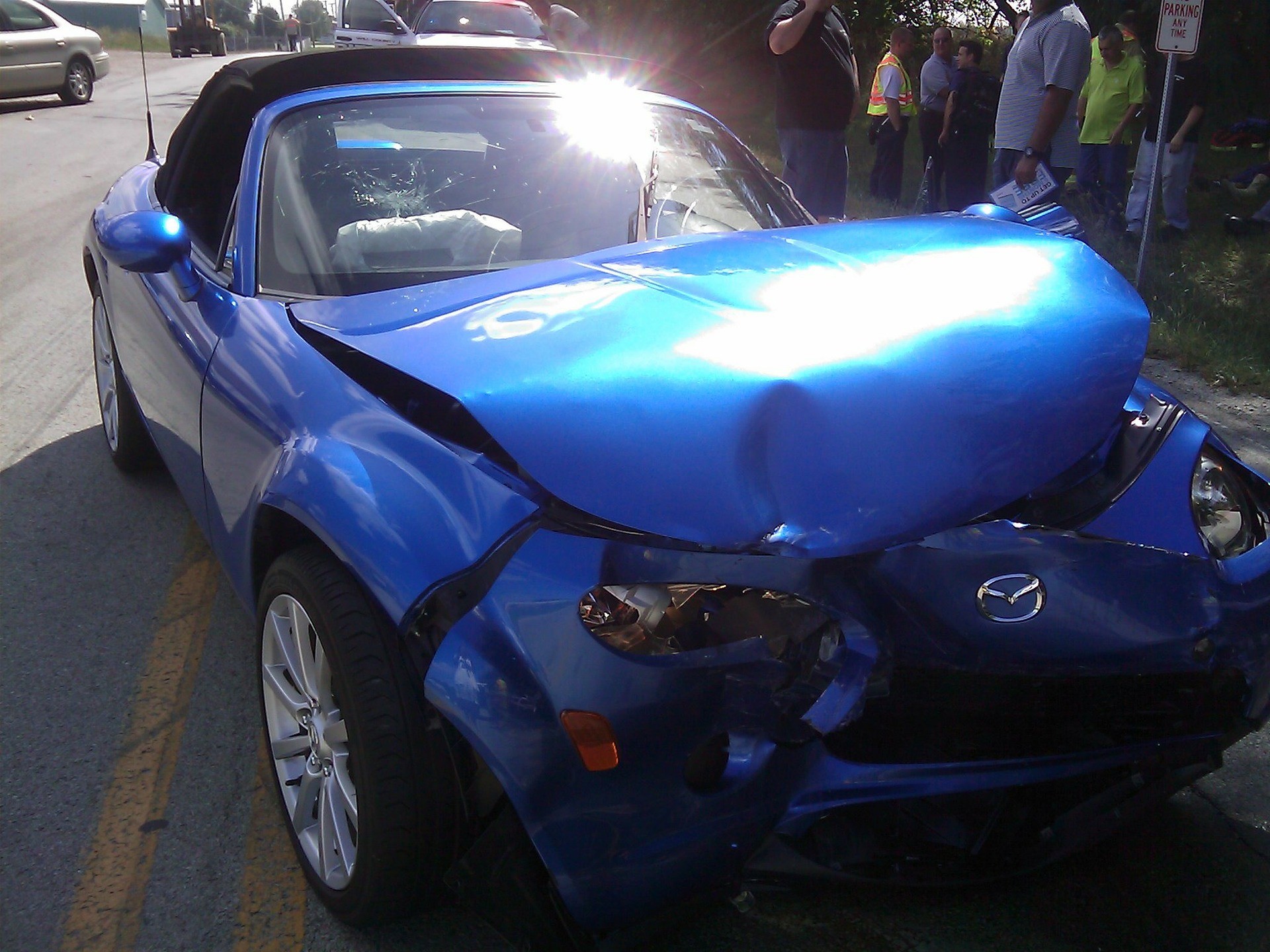Car insurance coverage is essential when it comes to dealing with car accident injuries and wreckage. But knowing which sort of car insurance coverage need is not always a simple matter. What makes it difficult for vehicle owners is the fact they just don’t know one form of coverage from another. Considering this, therefore this post will showcase the three primary types of coverage offered by the majority of car insurance providers.
Liability
 When you are involved in the accident and when it is concluded that it took place before your negligence, the liability coverage can rescue you. The term liability refers to insurance that provides an insured party with protection against claims resulting from injuries and damage to other people or property. This level is the minimum you may need as a legally insured driver.
When you are involved in the accident and when it is concluded that it took place before your negligence, the liability coverage can rescue you. The term liability refers to insurance that provides an insured party with protection against claims resulting from injuries and damage to other people or property. This level is the minimum you may need as a legally insured driver.
Liability is designed to cover you, the driver, in case you are responsible for any damage, even if you did not cause it. This coverage includes damages, medical expenses, lost wages, as well as other consequences suffered by those who sustained injuries as a result of the accident.
Collision
If you subscribed to the collision coverage, the insurance company will bear the expenses of car repair after an accident. This level of car insurance includes coverage for repairs to your vehicle that must be made due to a car accident, regardless of who is at fault. Collision insurance also provides replacement coverage. This means that if your car is declared a “total loss” by your insurance company, you have the option to purchase a replacement vehicle at the same market value or make a down payment on another vehicle. But collision coverage has a deductible, which is the amount you pay before your coverage helps pay for your claim.
Comprehensive
With comprehensive insurance, you have coverage that includes replacing your car if it is stolen or damaged by natural disasters. As such, comprehensive insurance will include all kinds of risk factors that are associated with the vehicle, driver, passengers, and third parties. It also helps cover damage up to your car’s actual cash value, minus any deductible amount. However, comprehensive insurance won’t cover your car when it is involved in an accident with another car or someone else’s property. In case you plan to buy comprehensive insurance coverage, choosing a higher deductible can help lower the cost of your premium.…


